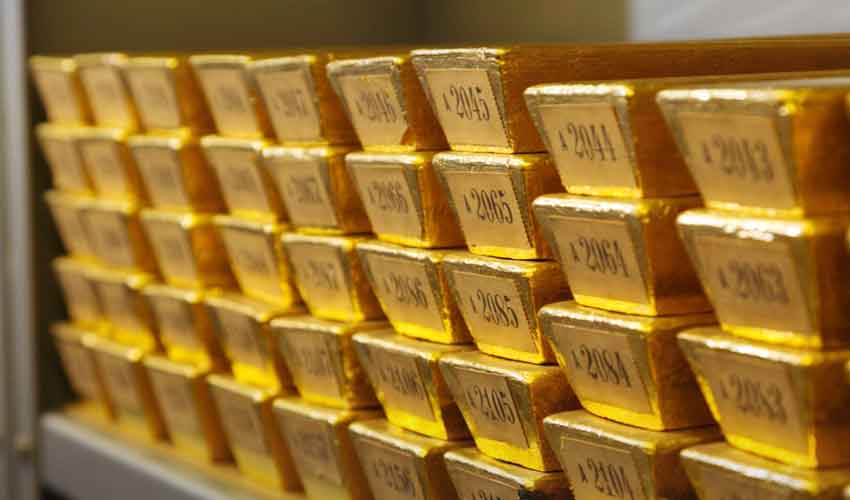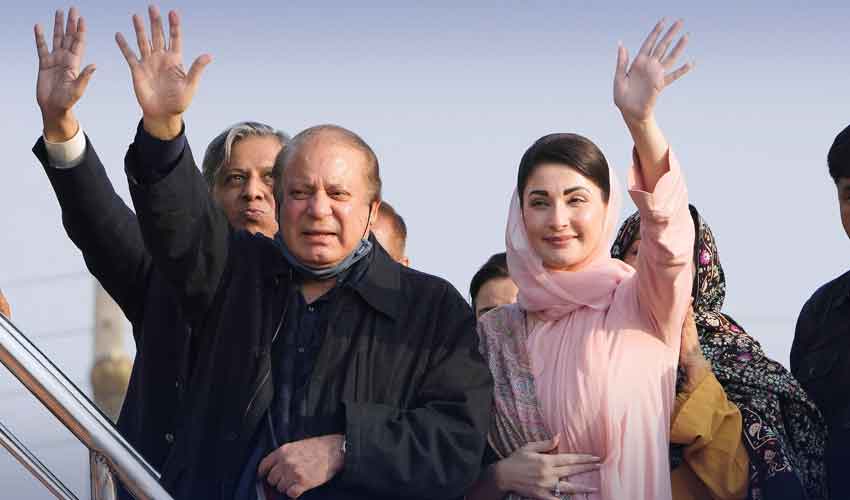Indian stocks tanked the most in four years on Tuesday, as vote counting in the Indian election suggested Prime Minister Narendra Modi's Bharatiya Janata Party (BJP)-led alliance is unlikely to win an overwhelming majority as predicted by exit polls.
State-run firms were among the worst hit, with the Nifty PSE Index dropping as much as 14.7%. The Nifty PSU Bank index which tracks state-run lenders, was down 13.8% and headed for its worst day on record.
Shares of government-owned banks, infrastructure and capital goods firms that gained sharply on Monday, saw the largest falls on Tuesday.
Monday's rally in markets was fed by optimism over the economic outlook under a fresh Modi-led government as predicted by exit polls.
The rupee dropped to as low as 83.4425 against the dollar versus its previous close of 83.1425. The benchmark 10-year bond yield was up 11 basis points at 7.05%.
Meanwhile, fast moving consumer goods firms widely seen as defensive stocks, gained 0.3%, with Hindustan Unilever and Dabur India gaining about 5% each.
Consumption in FMCG and pharma will not change whichever government comes, so because they are defensive stock there is some amount of safety found during uncertain events," said Anita Gandhi, founder and head of institution at Arihant Capital Markets.
"FMCG companies have good distribution channels and generally command better valuations and are well-managed companies, so investors find some amount of safety in their stocks," she said.
"Relative valuations of FMCG and pharma companies look attractive because they did not participate in the recent rally and their stocks have been in a consolidation phase for the last year, so we see buying interest in the medium to short term," said Kranthi Bathini, director of equity strategy at Wealthmills Securities.



























